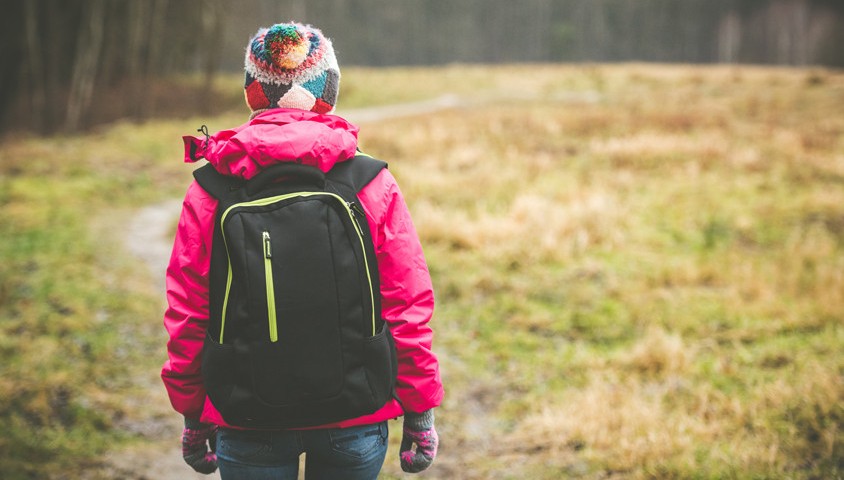An increasing amount of research and interest from community groups may be pivotal in ensuring Australia’s wilderness areas gain the level of management and protection they deserve.
GP and biodiversity convenor of Doctors for the Environment Australia, Dimity Williams highlighted several key studies (see p12, Wild issue 144), as well as work presented by associate professor Mardie Townsend at the Centre for Adolescent Health and Deakin, which reveals the health benefits presented by spending time in nature.
“These benefits appear to be as readily available to youth as they are to adults,” said Williams.
“Nature as therapy is legitimate and there is mounting evidence to suggest it can play a role in the effective treatment of conditions like ADHD in children, as well as other conditions commonly presented by adults.”
Groups such as the Australian Association for Bush Adventure Therapy Inc. (AABAT) are particularly interested in such research, as they frequently advise outdoor education professionals, counsellors and general educators on how to seek the best results in connecting people with nature.
Rachael Millsom, Victorian representative for AABAT recently held an information session on ‘Mindfulness in Nature’ that was attended by around 15 people of various professions, all of whom were keen to share her techniques with their own clients.
For Millsom, there’s an unquestionable relationship between the human mind and natural places that may seem intangible, but “paying attention in the present moment in nature can help to reconnect you to your core; to what is important,” she said.
“Being in the outdoors can promote mindfulness as senses are heightened, this can be especially so when you practice something challenging in the outdoors.
“I believe that natural spaces in the outdoors also promotes mindfulness because there is less ‘stuff’ – it is like by shedding or moving away from technology, cars, buildings it is easier to slow down and to connect to the real you.”
Not only is it becoming increasingly clear that spending time in nature is good for us, but that in turn may be a good thing for the environment as a new economic argument can be made.
“It’s about reexamining the way we value nature,” Williams said. “When the health benefits are understood, people will be more likely to want to protect natural places and the government will be able to factor this into budgets more accurately as well.”



